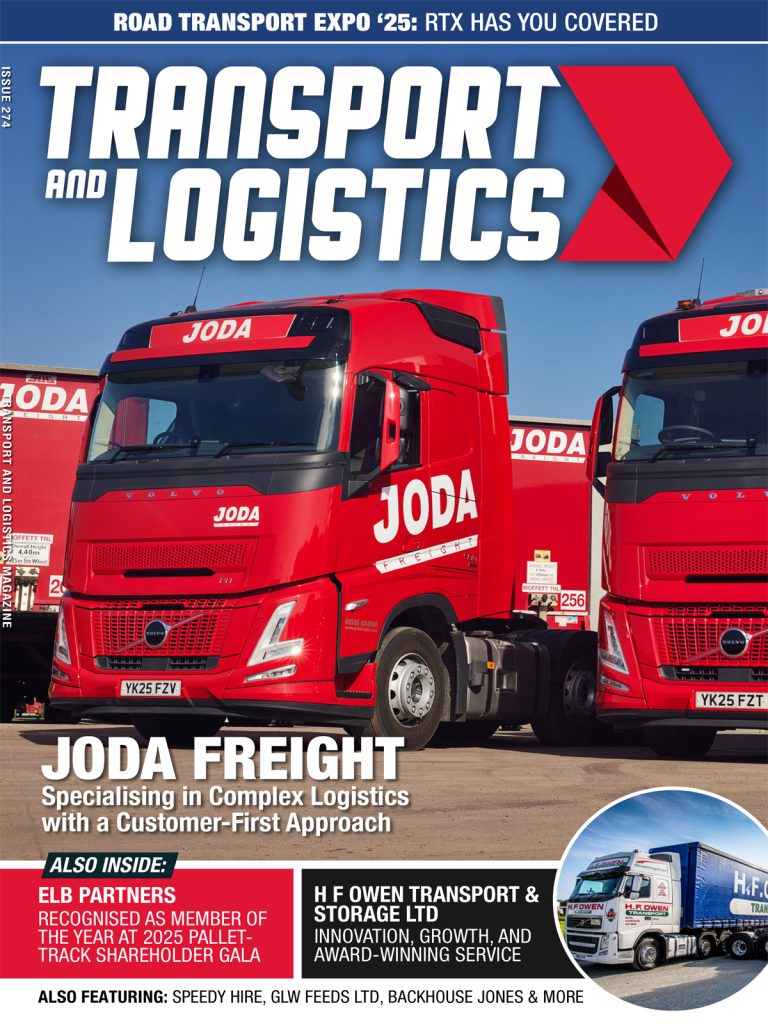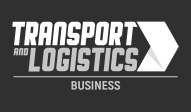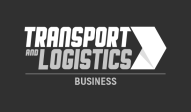To realise fully the potential of Northern Ireland’s economy, business group Logistics UK is urging the Northern Ireland Executive to develop and deliver a NI-specific logistics strategy.
In its new report “Logistics: underpinning Northern Ireland’s economy”, Logistics UK highlights the significance of the sector to the economy and identifies five key areas where it believes the NI Executive must focus attention to drive sustainable growth: unlocking investment through public-private partnerships; innovative and integrated infrastructure; a fair transition to a green economy, addressing the skills challenge, and growing trade by building on easements under the Windsor Framework and maximising Northern Ireland’s unique selling point and market access to Great Britian and the EU.
“Logistics sits at the heart of all NI’s economic activity”, says Nichola Mallon, Logistics UK’s Head of Trade and Devolved Policy, “and plays a vital role in growth and economic development. Currently, there are more than 65,000 people employed in logistics roles in Northern Ireland, with over 6,000 logistics businesses, making, selling and moving the goods that the economy relies on every day. The contribution the sector already makes to the success of our economy cannot be understated but we also know that there are significantly more opportunities if our industry can realise its full potential, and that will come from harnessing the power that comes from prioritising the growth of logistics as a sector.
“By doing this, the NI Executive, working in partnership with the newly formed government in Westminster, can help deliver productivity gains to help supercharge the UK economy by up to £8 billion per year by 2030. Logistics can have a dramatic impact on the growth of Northern Ireland’s economy if time and money is invested in facilitating the sector’s efficiency, which is why we are recommending the development of a Northern Ireland logistics strategy to deliver growth and efficiencies in a structured and coordinated manner.”
Identifying five key areas to drive sustainable growth, the report highlights the strategic role a partnership between the NI Executive and logistics businesses would play in future economic development, by unlocking investment and enabling the sector to maximise the benefit it delivers. It also emphasises the importance of interconnected infrastructure to utilise different transport modes efficiently, including a strong and realistic role for rail freight as part of the All-Island Strategic Rail Review, and identifies key infrastructure priorities for Northern Ireland including the delivery of York Street Interchange; upgrade of the A1; delivery of the Newry Southern Relief Road and delivery of the A5 to improve road safety and connectivity and competitiveness in the West. In addition, the report stresses how a fair transition to net zero is key to ensuring Northern Ireland maximises the impact of a thriving logistics sector.
Ms Mallon explains, “The logistics sector is committed to playing its part to help achieve net zero and recognises its responsibilities to facilitate this shift, but genuine decarbonisation must be a fair transition underpinned by an agreed roadmap to phase-out fossil fuels, based on the availability of affordable fuel, technology, infrastructure investment, regulatory reform and tax incentives.
“Our industry is packed with interesting, well-paid jobs which underpin the whole economy, but attracting new, skilled recruits to the logistics sector must be a team effort. Logistics UK is pressing the NI Executive and education providers to ensure young people and those looking for a new career have an accurate impression of the opportunities offered in our sector, and the range of the critical and fulfilling careers on offer. Careers in logistics must be backed by reform to the curriculum, to skills funding and the Apprenticeship Levy in particular. The long running and unacceptable situation in Northern Ireland, where businesses pay into the Apprenticeship Levy but cannot draw funding down, must come to an end.”
“We must also work together to grow Northern Ireland’s trade by maximising the value of its market access to Great Britain and the EU, including the appointment of economic and trade envoys who can sell Northern Ireland as a unique destination to investors around the world. In addition, logistics businesses want to see further streamlining of Great Britain – Northern Ireland trade including measures to address the added transport costs resulting from Northern Ireland’s geographical location. Now is not the time to remove Freight Transport Relief which helps alleviate these costs.”
Download a copy of “Logistics: underpinning Northern Ireland’s economy”.
Logistics UK is one of the UK’s leading business groups, representing logistics businesses which are vital to keeping the UK trading, and more than seven million people directly employed in the making, selling and moving of goods. With decarbonisation, Brexit, new technology and other disruptive forces driving change in the way goods move across borders and through the supply chain, logistics has never been more important to UK plc. Logistics UK supports, shapes and stands up for safe and efficient logistics, and is the only business group which represents the whole industry, with members from the road, rail, sea and air industries, as well as the buyers of freight services such as retailers and manufacturers whose businesses depend on the efficient movement of goods.














